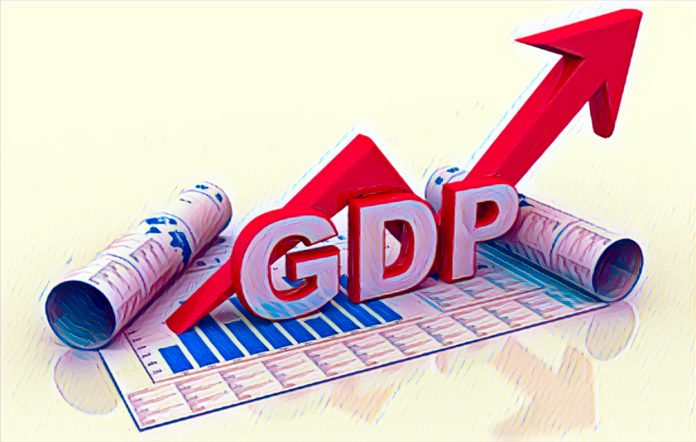Key Points
- CUPP challenges Nigeria’s 3.46% GDP growth as detached from reality.
- Flawed political systems are fueling corruption and economic stagnation.
- Urgent reforms are needed for infrastructure, governance, and transparency.
The Conference of United Political Parties (CUPP) has cast doubts on the recently announced 3.46% GDP growth rate for Nigeria in the third quarter of 2024, arguing that the figures fail to reflect the harsh economic realities faced by ordinary citizens.
Chief Peter Ameh, the National Secretary of the CUPP, issued a statement on Monday in Abuja, challenging the credibility of the numbers released by the National Bureau of Statistics (NBS).
“While the GDP figures might initially appear promising, they paint a deceptive picture,” Ameh said. “Nigerians are grappling with rising food prices, widespread unemployment, and failing infrastructure. These challenges contradict any narrative of real economic progress.”
Economic challenges amid claimed growth
Ameh pointed to persistent issues such as frequent national grid failures, deteriorating road networks, and the declining value of the naira as indicators of systemic economic distress. “The contrast between statistical claims and lived experiences is staggering,” he said. “Hunger, inflation, and infrastructure decay remain daily struggles for Nigerians.”
Quoting British Prime Minister Benjamin Disraeli, Ameh remarked, “There are three kinds of lies: lies, damned lies, and statistics. This aptly describes Nigeria’s current situation, where numbers are manipulated to project an illusion of economic growth.”
Root cause: Political dysfunction
The CUPP official attributed the economic disparity to Nigeria’s flawed political structure. He criticized a system that, in his view, enables corruption and mismanagement by allowing dishonest leaders to manipulate elections.
“Our political system has bred a culture of inefficiency and dishonesty. Without reform, it’s impossible to address the economic challenges undermining our progress,” Ameh said.
Call for comprehensive reforms
According to a report by Vanguard, Ameh called for a shift from focusing on statistical achievements to implementing actionable policies. He urged the government to prioritize transparency, cost-cutting, and good governance while investing in critical infrastructure, such as roads, electricity, and healthcare.
“Real growth requires genuine reform, not statistical embellishment,” Ameh said. “Only through transparency and accountability can we create an enabling environment for sustainable development.”
The CUPP concluded its statement by appealing to the government to take immediate steps to address these challenges, emphasizing that inclusive growth can only be achieved through sincere policy shifts that prioritize the well-being of Nigerians over misleading data.



